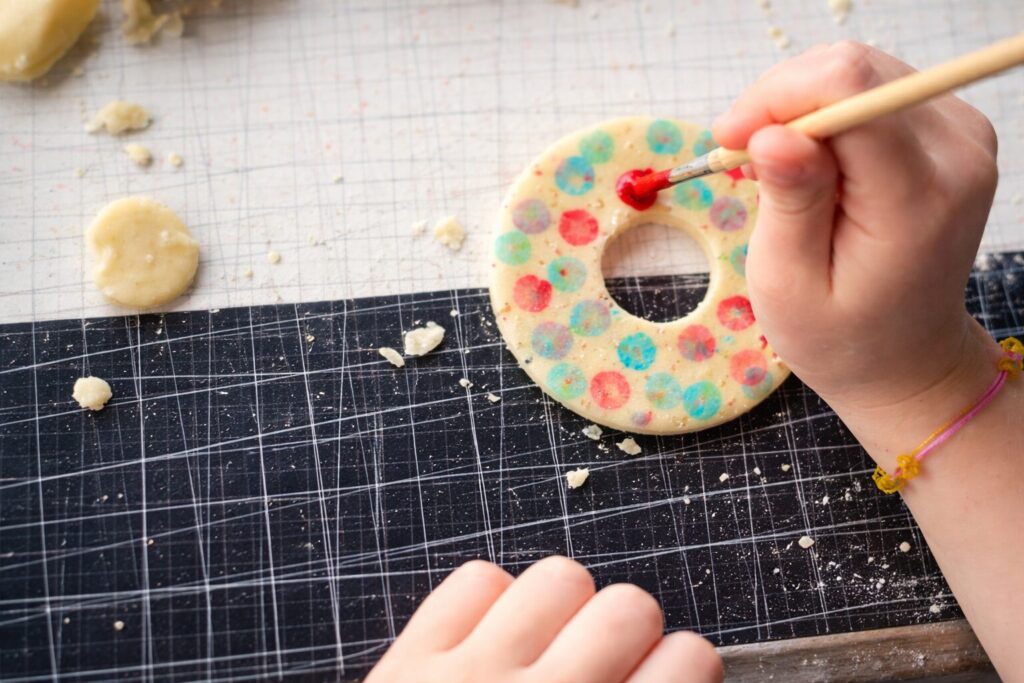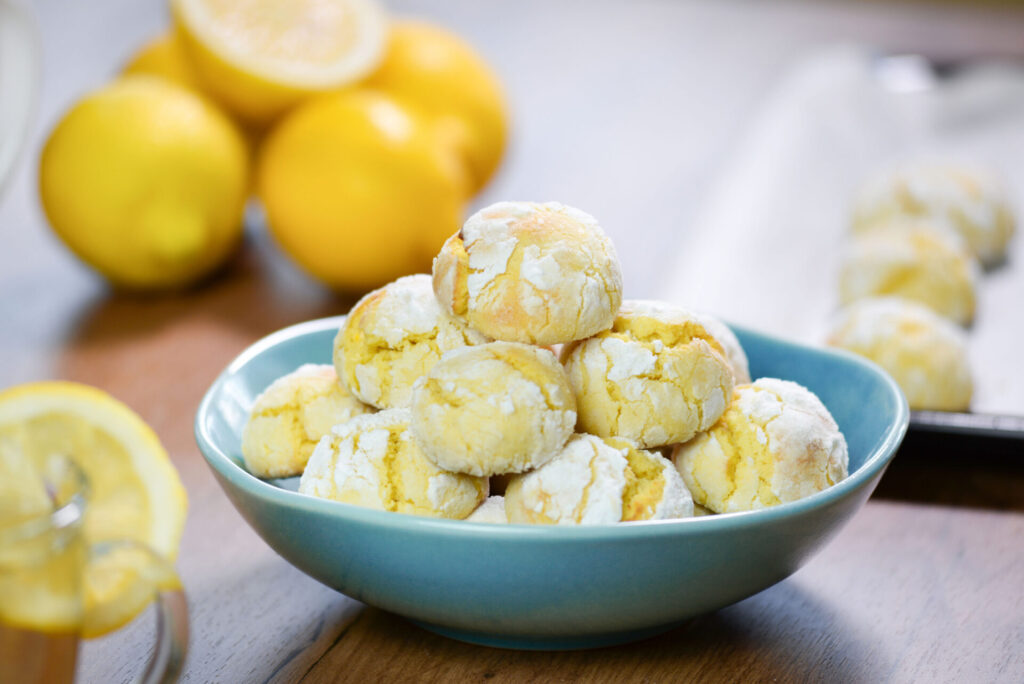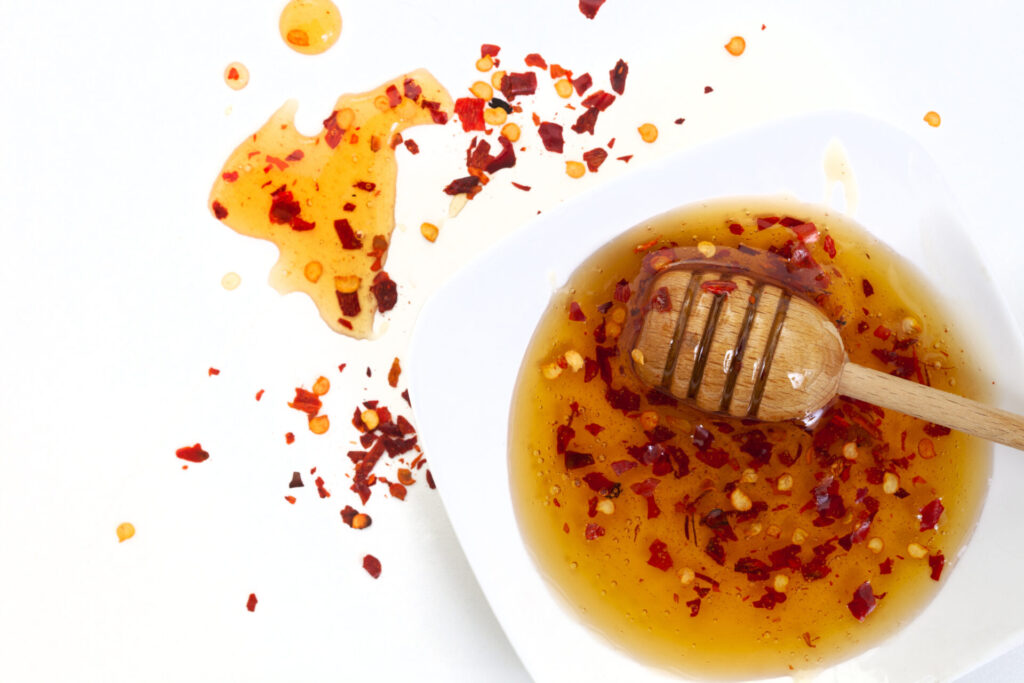There are summer grillers and all-season grillers. But whichever you are, there's no time like the present to start thinking about safe grilling tips and practices.
What's the deal with the grill? Some of us rely on our iron stomachs and the heat of the BBQ to protect us from foodborne illness. But living on a prayer isn't exactly safe, especially with kids in the mix. That's why we tapped Toronto-based dietitian Rosie Schwartz for her safe grilling tips for the summer and beyond. Keep reading to learn more.
Safe Grilling Tip 1: Improve Your Technique
Grilling certainly beats deep-frying for health because the fat in food drips down to yield leaner fare. However, those fat drippings can also lead to ferocious flames. The result can be somewhat charred and very smoky grilled food that likely contains significant amounts of potential cancer-causing compounds such as heterocyclic amines (HCAs) and polycyclic aromatic hydrocarbons (PAHs).
But don't fret, you can lessen the amounts of these compounds and make these foods a safer choice for your family, especially over the long term. Try these tips to improve your technique:
- Use leaner and well-trimmed cuts of meat to reduce fat drippings.
- Be prepared and keep a spray bottle of water nearby to quell flare-ups.
- Consider pre-cooking some cuts in the microwave that require longer cooking times, such as chicken on the bone, before putting them on the grill.
- Cook food on the barbecue in foil packets to combine the best of both worlds.
Safe Grilling Tip 2: Spice Things Up
Using marinades and herbs is more than just palate-pleasing. Research on grilled burgers showed that adding rosemary and oregano to the ground meat before cooking decreased the production and absorption of some potentially harmful chemicals when compared to eating unseasoned burgers.
Marinating food prior to grilling can also slash the amounts of cancer causing compounds. Scientists in Germany assessed the effects of marinades containing garlic, onion and lemon juice on the formation of HCAs and found that with increasing amounts of garlic, the HCA content was lessened.
Using marinades and spices also makes it easier to cut down on the amount of sodium in the meal as well.
Safe Grilling Tip 3: Change It Up
Grilling offers a great opportunity to add variety to your menus. Think beyond hot dogs and burgers. For example, chicken or fish kebabs – skewers threaded with vegetables or fruits such as peppers and mangos – can be grilled alongside traditional favourites. It’s also fun for kids to customize their own combinations. Grill up a batch of extra vegetables (often MIA at barbecued meals). They make perfect leftovers to be used in sandwiches and salads the next day.
And don’t forget dessert. Grilled pineapple, apples and peaches are delicious right off the barbecue. Layer bananas with a dollop of butter and brown sugar and pack them in foil packets for a tempting finale.
Safe Grilling Tips to Avoid Foodborne Illness
Somehow, when we cook outdoors, basic food handling techniques occasionally get stuck in the kitchen. When it comes to young children, pregnant women and the elderly, it’s even more critical to prevent foodborne illness. Here are some safety tips to keep in mind:
- Wash your hands before, during and after grilling. Reaching for some finger food munchies after you have handled raw food on the grill could make you mighty sick.
- If marinating meat for longer than 15 minutes, put it in the refrigerator.
- If you’re using a marinade that was covering meat to baste food on the barbecue, boil it for a few minutes before using.
- If you are pre-cooking items before grilling them, do so right before the grilling so that they don’t sit out at a temperature that promotes microbial growth.
- While we tend to be more aware of using clean platters when removing food from the grill, we may be less vigilant about the utensils. Be sure to use clean ones once the food has been cooked through.
- Use a meat thermometer to check for doneness. To avoid the risk of potentially fatal E. coli contamination, cook burgers until they’re no longer pink inside.
Rosie Schwartz is a Toronto-based consulting dietitian in private practice and author of The Enlightened Eater’s Whole Foods Guide (Viking Canada). Visit rosieschwartz.com for more. Updated in June 2025.










